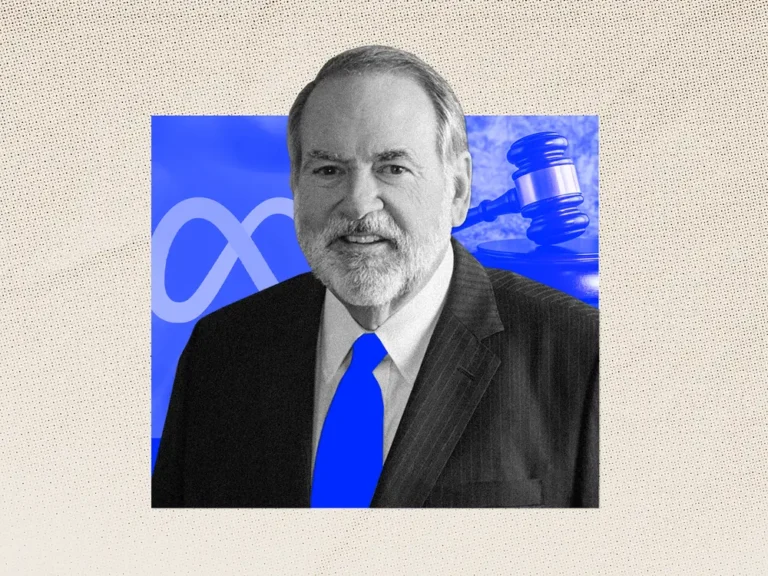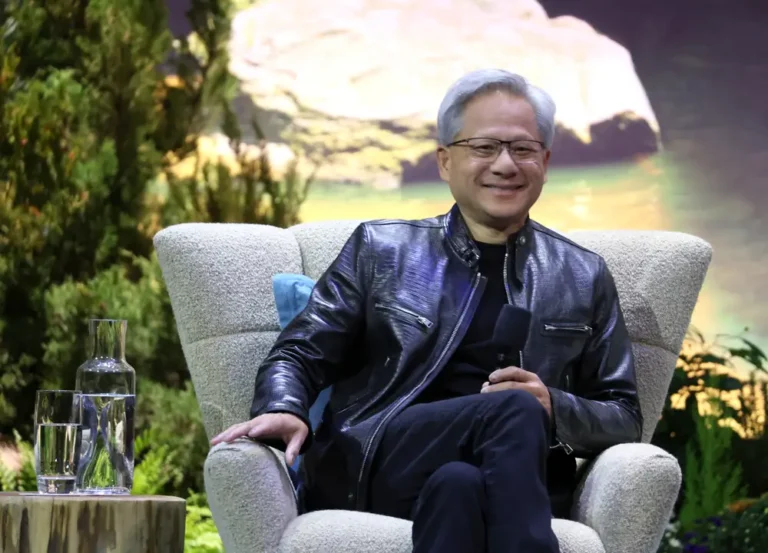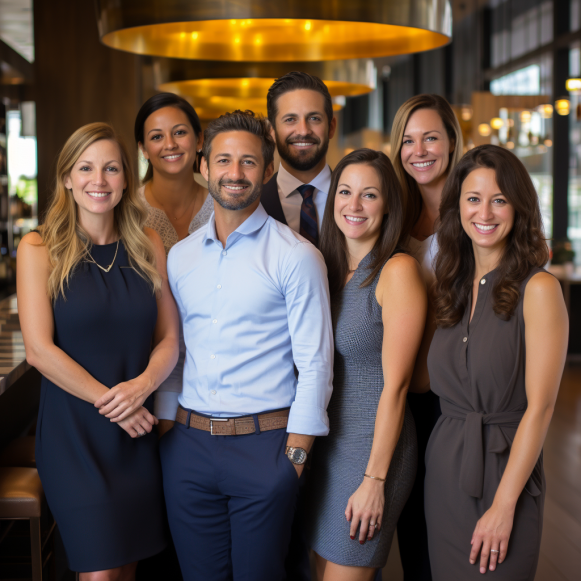Inside a secret haven for startup founders to overcome loneliness: ‘There’s very few people you can be honest with’

- Leaders In Tech is a four-day, invite-only retreat for tech founders and CEOs held in Northern California.
- The retreat is the brainchild of author and executive coach Carole Robin, and is based on the Interpersonal Dynamics course she taught at Stanford Business School.
- The retreat, which costs about $10,000, is meant to help participants open up and cope with the loneliness of helming a prominent tech company.
On a recent weekend, twelve strangers sat in a circle overlooking Tomales Bay at a seaside resort outside San Francisco that once served as a pleasure palace for a turn-of-the-century radio mogul and later became the home of a sinister, new age cult.
Joe—founder and CEO of a fintech startup recently valued at $45 million, who chose not to use his real name for this story due to the personal nature of what he was speaking about—recounted the day his father died last year as the sun glinted on the water and a breeze off the wetlands shook needles loose from the pines overhead. He was devastated, but he didn’t think he could take the day off. His company was in the middle of a funding round, and he couldn’t let down his team. In his hectic schedule, there was no time for sorrow.
Joe knew very little about the people he was confiding in, such as how many exits they’d had or who their investors were. He didn’t even know what their surnames were. But he knew they were all founders and knew what he was going through, so he did something he hadn’t done in a long time: he cried.
“Once the words came out, I was emotionally exhausted, but I was also relieved,” Joe went on to say.
This was the first day of Leaders In Tech, a four-day, invite-only retreat for startup founders like Joe aimed at helping them open up, process trauma, and learn to cope with the loneliness that comes with leading a prominent tech company.
Carole Robin, an author and executive coach who taught the Interpersonal Dynamics course at Stanford Business School for over 20 years, created the program.
She claims that founders are expected to be unwavering optimists who are immune to doubt. Whether it’s their investors, employees, or even spouses, the pressure to tell a story that goes up and to the right is constant.
“They don’t have anybody they can be real with,” Robin told the publication, “so they’re always having to spin their image, and spin what they say, and spin how they’re seen, which adds to the loneliness and the sense of isolation and also frankly, mental illness.”
A founders’ mental health crisis
The data on founder mental health is patchy (most don’t like to publicize their struggles), but according to a 2015 UC Berkeley survey of entrepreneurs, 72% reported mental health concerns (in comparison, only about 20% of the general population suffers from mental illness). Entrepreneurs were significantly more likely to report depression, bipolar disorder, anxiety, and substance abuse disorders in the survey.
These difficulties have always been a part of the founder’s life and something of an open secret in Silicon Valley, but the recent market turmoil has only exacerbated them.
Some founders cope with the stress by microdosing ketamine, fasting for 48 hours, or riding double-decker bicycles through the desert at Burning Man. However, admitting that they are struggling can be difficult for many people.
“You run into people at conferences and you talk about how everything’s great,” Obi Felten, a former Google executive and founder of mental health startup Flourish Labs who attended a retreat last month, said. “You basically go through this whole bullshit, right, but there’s very few people that you’re truly honest with,” she told me.
Robin set out to create a space for founders to practice vulnerability, free of the need to always be crushing it, with Leaders in Tech.
It is open to founders and CEOs who have raised at least a Series A but are not yet ready to go public, who can spend four days in a charming bungalow on the grounds of the Lodge at Marconi resort in Marshall, California, for around $10,000. The days are filled with intense emotional labor, while the nights are filled with communal dinners and gatherings around the fireplace.
‘If you really knew me’
Participants are divided into groups of 12 to ensure that no one is paired with a competitor or potential investor. Pitches, resume rundowns, and anything resembling networking are strictly prohibited.
“They’re being honest. Nobody is trying to sell anything, and nobody is trying to raise money from anyone else,” Robin explained.
They spend up to twelve hours a day in intensive “T groups” (Robin quickly clarifies that the T stands for training, not therapy), where facilitators lead exercises designed to break down barriers and foster authentic connections.
For example, she has an exercise called “If You Really Knew Me,” in which founders talk about themselves for two minutes, starting with the phrase “if you really knew me…”
Robin recalls the following responses from founders from previous sessions:
“If you really knew me, you’d know that I feel like I have to put on a suit of armor every single morning when I leave the house.”
“If you really knew me, you would know that I’m, I’m worried about whether or not my marriage is going to survive my startup.”
“If you really knew me, you’d know that I will not sit here for four days and listen to everybody talk about how they’re crushing it.”
The retreat was a welcome antidote to the transactional artificiality of networking events for Felten.
“We got completely naked, like in the first session we all exposed and disclosed stuff about ourselves that probably even some of our best friends or our partners might not know,” she went on to say.
Felten focused on anger during her retreat, an emotion she felt she was never allowed to express as a female CEO. She exploded at one of the other participants on the second day of her T group, as she was opening up about her family’s struggle with addiction and mental illness.
“And I remember in the moment thinking, oh my god, I’m doing the thing that’s not okay to do, I’m getting angry,” she told me. Rather than suppressing her raw emotions, the other members of her group assisted her in processing her anger and seeing it for what it was: an expression of fear.
“Unpacking it in that safe environment was a massive breakthrough,” she went on to say.
That evening, after dinner, Felten went for a swim in Tomales Bay’s icy waters. She described the cold plunge as a much-needed reset after hours of arduous emotional work. She was floating in the Pacific, only two hours from Menlo Park but a million miles from Silicon Valley.
Felten’s first day back at work following the retreat was difficult. Her husband was out of town, and her day began with a fight with her daughter, which caused her to be late for the Monday meeting. Feeling her anger rising again and recalling what she had learned in her T group, she decided to begin the meeting with her colleagues by discussing her difficulties. Others chimed in, lamenting difficult boyfriends and difficult children. Several employees later thanked her for allowing them to show their vulnerability.
Joe, the fintech founder, had planned to return to work on Monday morning following the retreat. Instead, just a few days after breaking down talking about his father, he did something he hadn’t done in years: he took a day off for himself.
“Normally, I would just dive back in,” Joe explained, “but I remembered something someone in my T group said, they said, ‘you’re always taking care of everyone else, who’s taking care of you?'”






